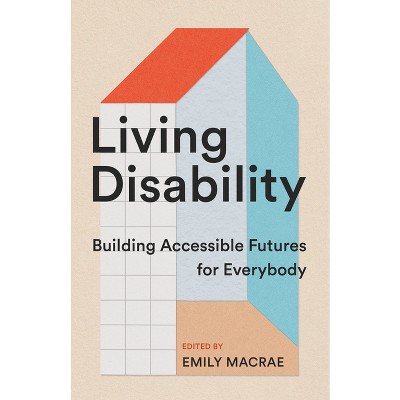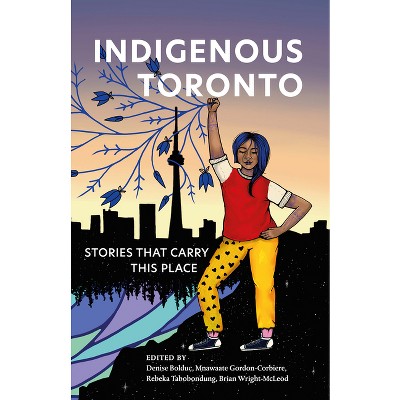Sponsored

The Mulai - by Munir Hachemi (Paperback)
Pre-order
Sponsored
About this item
Highlights
- Interstellar via Invisible Cities: spec-fic translated from Spanish imagines a utopian way of life on another planet.Years after the climate wars on Earth, the Mulai have settled into their new home on an unnamed planet.
- About the Author: Munir Hachemi's career as a writer began with him selling his stories in the form of fanzines in the bars of Madrid's Lavapiés neighbourhood.
- 180 Pages
- Fiction + Literature Genres, Science Fiction
Description
Book Synopsis
Interstellar via Invisible Cities: spec-fic translated from Spanish imagines a utopian way of life on another planet.
Years after the climate wars on Earth, the Mulai have settled into their new home on an unnamed planet. Supplies stopped arriving from Earth many years ago, and the Mulai have found a way to live. But now the people of Earth want to know what happened to the settlers, so they send The Archaeologist.
He finds that they have become a different people: uncannily similar to us but with something radically Other about them. Their language has become more about change than stability, and the ways they eat, reproduce, bury their dead, and understand gender have all transformed into something almost unrecognizable. The Archaeologist feels like his trip is one extended misunderstanding.
With fragments from The Archaeologist's notes and the stories of Flukeh and Faida, who map both their world and their language, The Mulai offers a glimpse of a world adjacent to ours - one that just may be a model for how to better our own.
From one of Granta's Best Young Spanish-Language Novelists and author of the celebrated Living Things, and translated by the award-winning Julia Sanches, comes a bold new Borgesian reimagining of what 'civilization' might look like.
Review Quotes
Praise for the author:
'Living Things turns out to be both highbrow and hair-raising (and exceptionally well translated by Julia Sanches). In only 120 pages it succeeds in several separate ways: as an eco-thriller exposing the horrors of industrialized meat production and agrochemicals; as a treatise on rendering truth in fiction; and, not least, as a "lads on tour" caper.' - Miranda France, Times Literary Supplement
'[An] impetuous, upstart spirit infuses this short and spunky tale about young, would-be literary men who hit the road in search of adventure but find bleakness and exploitation... Hachemi's is the sort of writing that compulsively interrogates itself as writing, in which literary theorizing runs alongside the storytelling... Hachemi's documentary-style accounts of low-paid factory labor compellingly take us where most fiction writers would rather not go.' - Rob Doyle, The New York Times
'Gorgeously labyrinthine.' - Molly McGhee, author of Jonathan Abernathy You Are Kind on Living Things
'Startling, compulsive, and vibrant; Living Things reads like an ignition. The most honest thing I've read in a long time about being young and alive in a beautiful, horrible world.' - Dizz Tate, author of Brutes
'Living Things dips blithely in and out of genres and packs more ideas in its lean frame than seems possible. It's a novel posing as a journal posing as a meditation on the function of the journal that playfully interrogates form and content in art, what it means to write, and what it means to care or not care about anything, or about everything. Munir Hachemi is a magician, and his marvellous book, deftly translated by Julia Sanches, defies adequate description.' - James Greer, author of Bad Eminence
About the Author
Munir Hachemi's career as a writer began with him selling his stories in the form of fanzines in the bars of Madrid's Lavapiés neighbourhood. He is the author of Living Things (2018) and El Árbol Viene (The Coming of the Tree) (2023), and is also a translator from Chinese and English. In 2021, he appeared on Granta's Best of Young Spanish-Language Novelists list.Julia Sanches translates literature from Catalan, Portuguese, and Spanish into English, including Munir Hachemi's first novel, Living Things, which was shortlisted for the 2024 Cercador Prize. Her translations have been nominated for the Dublin Literary Award, the Queen Sofia Prize, and the International Booker Prize. Born in Brazil, she currently lives in Providence, Rhode Island.
Shipping details
Return details
Trending Literary Fiction











